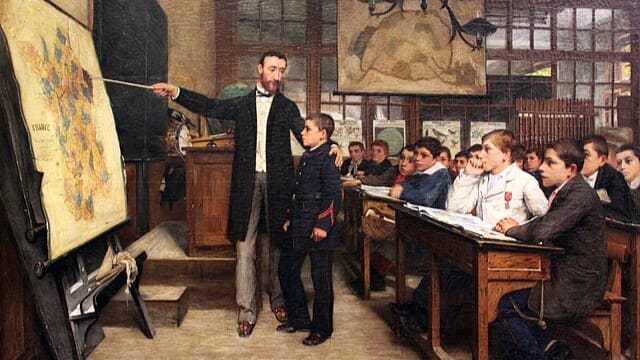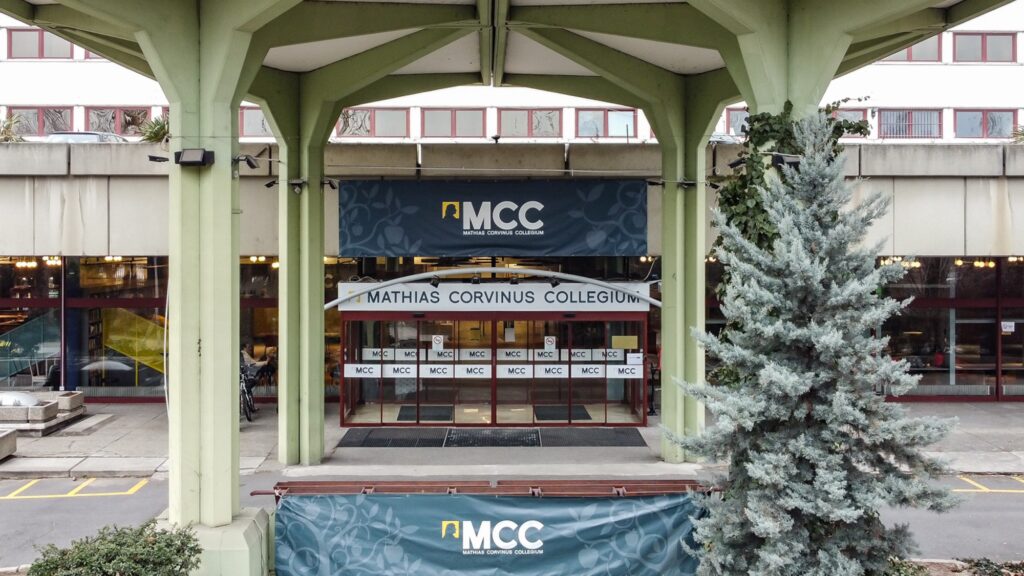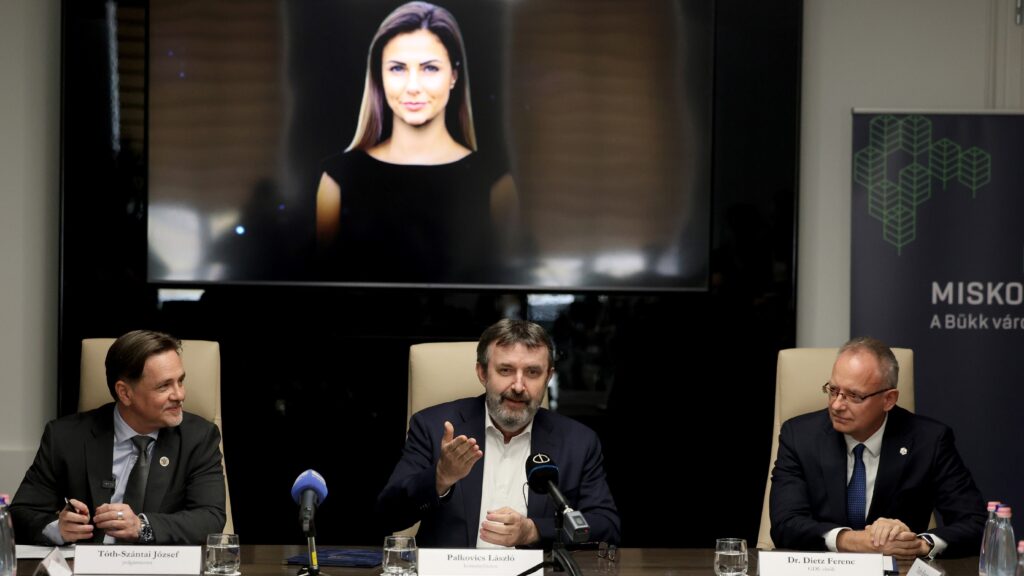Throughout its millennia-long tradition, the teaching profession has been able to maintain its core values. Even the ancient Greek teachers were expected to impart knowledge, teach patterns of behaviour, and develop their pupils’ character by example and guidance. All this is part of the requirements for teachers in the 21st century, too. Indeed, whatever new responsibilities we wish to place on modern schools and teachers, the mission of education has not changed much since the time of Plato.
But in a digitalized, robotic, artificially intelligent world, why do we still need flesh-and-blood teachers at all? Can masters be replaced by computers that are available 24 hours a day, can produce customized tasks in seconds, and do not need to be groomed, rewarded, and trained on a regular basis? For a reckless moment, it might seem that this could be the solution to educating the masses and alleviating labour shortages. However,
replacing teachers with computers is a utopian, illusory idea that would destroy the very foundations of schools and society.
From the time we are born, we need personal, human relationships, among others, for the normal development of our nervous system and brain, as well as for proper spiritual development and fulfilment. Social relationships are equally important in secondary socialization settings, such as the school. Children need not only a community of peers but also interaction with their teachers—the personal transaction between teacher and student is, according to Oakeshott, the only indispensable element of school.
Knowledge-Based Education
One problem with data available on the internet is that their veracity and authenticity can often be questioned. Another problem is that information cannot be used on its own, and its creative, autonomous use is only possible by transforming it into knowledge and learning to use it. A highly qualified teacher with expertise and commitment in his or her subject area is needed to ensure that the fog of information is transformed into a logically structured, coherent body of knowledge for the children in school.
It is also necessary to guide the learning process, for which textbooks can provide a handhold, but a good teacher can judge the pace, depth, and level of knowledge that can be imparted in a lesson, even without a book. This cannot be done by machines, as the learning process must be independent of the child’s frame of mind, that is, the student cannot skip what he or she is not in the mood for and only deal with the subjects he or she likes. However, human attention and empathy allow a teacher to judge how to teach, how to stimulate interest and motivation, and when to pause or repeat something already when he or she enters the classroom, and a good teacher also knows that the same lesson will not be the same in the first class in the morning and the last class in the afternoon.
‘The World Is Becoming What Youth Is Raised to Be’
Another key task of school, education, can only be achieved through human interaction. The character of the educator is a fundamental determinant of the personal development of students, and in addition to professional knowledge, it has therefore been important throughout the centuries to be able to set an example also in the personality of the teacher. If we want children to become not only knowledgeable, but also adults who are free people capable of independent action, who can shape their present and future by learning from the past, and who have the ability to learn and acquire the basic human virtues, this process needs to take place indirectly through the teacher. Only an adult who can be looked up to with respect, who possesses these virtues, and who can arouse curiosity and the need for self-improvement in his or her pupils, can give this to children.
Besides, school should be a place where family education can continue, because today children under the age of 16 spend a large part of their day there, not in a family environment. This does not mean that we can transfer parental duties and responsibilities to teachers, since the first step in the development of a healthy child’s character and the condition for entry into an institution is that he or she is given the right parental role model, upbringing, and foundations. Unfortunately, some things are very difficult to learn later if the family did not teach them to the child before the age of six. Another difficulty is when the values of the parents and the school are in sharp contrast so that they cannot reinforce each other, bring them together, and serve the education of the child. To overcome this, there needs to be direct communication between school and family, based on trust and respect, to complement and support each other’s work in raising a healthy generation.
On that note, let us nail down that good teachers are needed now more than ever to compete with digital tools.
Future generations also need adults who set an example, masters with great knowledge, and social standards; schools should not be constantly searching for their own answers to all the new questions of modern problems but should carry out the basic activities of education and training with the best professionals, capable of raising curious and open-minded individuals with the knowledge to make any kind of decision. A good teacher’s sense of vocation should arise from this mission and from knowing that he or she is a key player in raising the next generations and thus shaping the future of the nation.
Related articles:








